An Open Debate on Palestinian Representation
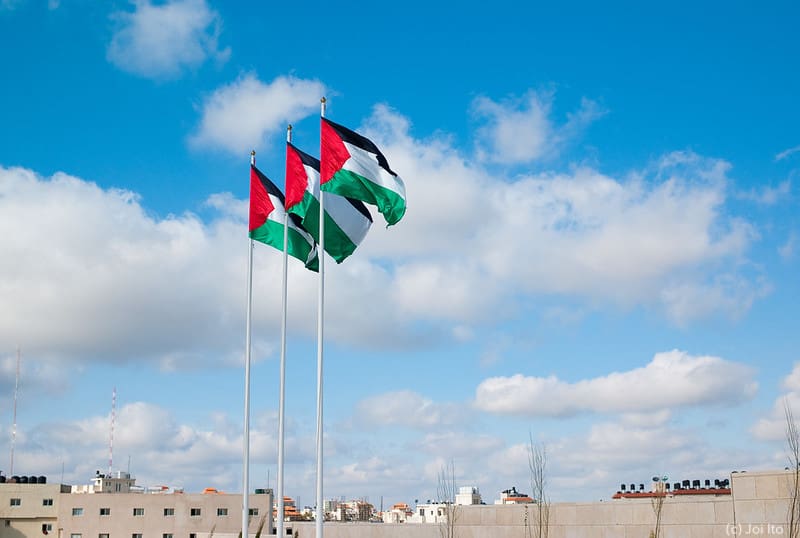
Is it better to try to revive the Palestine Liberation Organization (PLO) and its institutions or should Palestinians build a new national movement? The participants in this roundtable debate the pros and cons of starting from square one, as Osamah Khalil suggested in a recent policy brief. Additional roundtable insights: a different articulation of the PLO’s value, and a question mark regarding the usefulness of elections to a national liberation movement.
Beyond South Africa: Understanding Israeli Apartheid
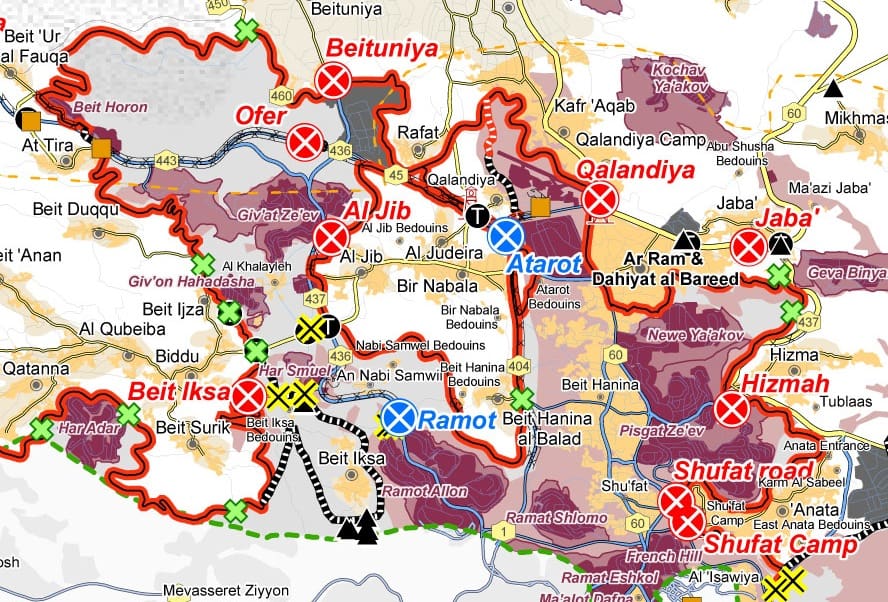
Israeli apartheid is often compared to South Africa’s but Al-Shabaka Policy Advisor Samer Abdelnour argues that it is a unique brand with specific characteristics. He identifies three inter-locking dimensions of Israeli apartheid – physical, architecture, and ideological – concluding that it is far more sophisticated than the South African brand and suggesting directions for thinking and action to successfully dismantle it.
“Who are You?”: The PLO and the Limits of Representation

Is the Palestine Liberation Organization still the “sole, legitimate representative of the Palestinian people”? In this thought provoking policy brief, Al-Shabaka policy advisor Osamah Khalil argues that attempts to reform the organization will not make it more representative or accountable, but will instead save a leadership that has lost its legitimacy. He asserts that a new representative body must be built in order to achieve Palestinian rights.
How to Reclaim the Palestinian Narrative

Which comes first: shifting the balance of power or reclaiming the Palestinian narrative? Does the Palestinian Authority education system undermine the Palestinian story? Is there a place for the Israeli in the Palestinian narrative? How badly has the hegemonic narrative on Israel in the U.S. been shaken? These questions and more are thrashed out in this provocative Al-Shabaka roundtable.
Reclaiming the Palestinian Narrative
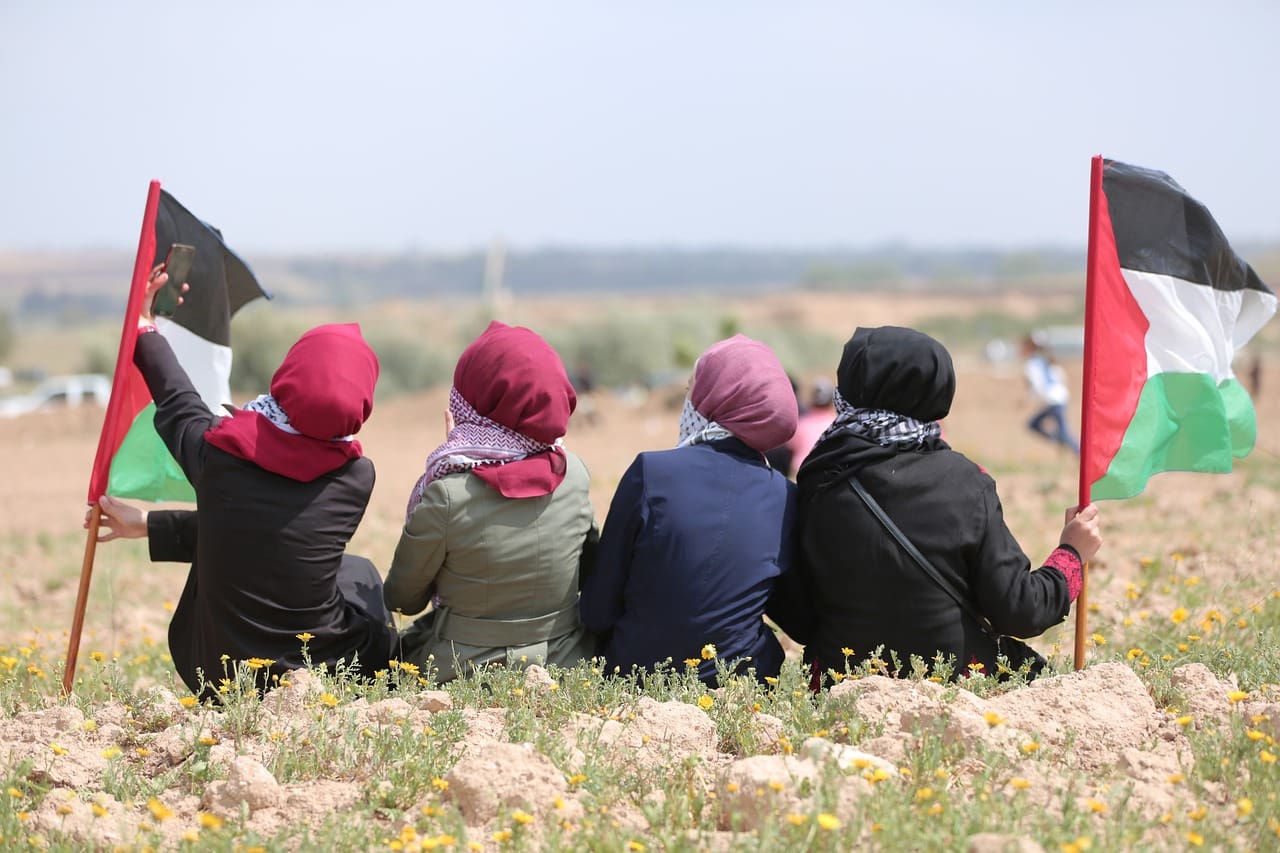
Will the Palestinians be written out of history? There is a serious danger that this may happen, writes Al-Shabaka Policy Advisor Jamil Hilal, who identifies five major misrepresentations of Palestinian history, geography and identity in the dominant discourse. He also discusses how Palestinians and their supporters must take hold of the way their story is told and reclaim their narrative.
Will the New Palestinians End Security Coordination?

Most Palestinians saw Hamas’ steadfastness and ability to hit back during Israel’s November attack as a victory. But will they put it to good use, asks Al-Shabaka Policy Advisor Haidar Eid, by ending Palestinian security cooperation with Israel – an opportunity missed after Israel’s 2008-09 operation? He argues that no real reconciliation amongst Palestinian factions is possible in the shadow of such collaboration.
Gaza Fallout Weakens Israel, Strengthens Nationalists
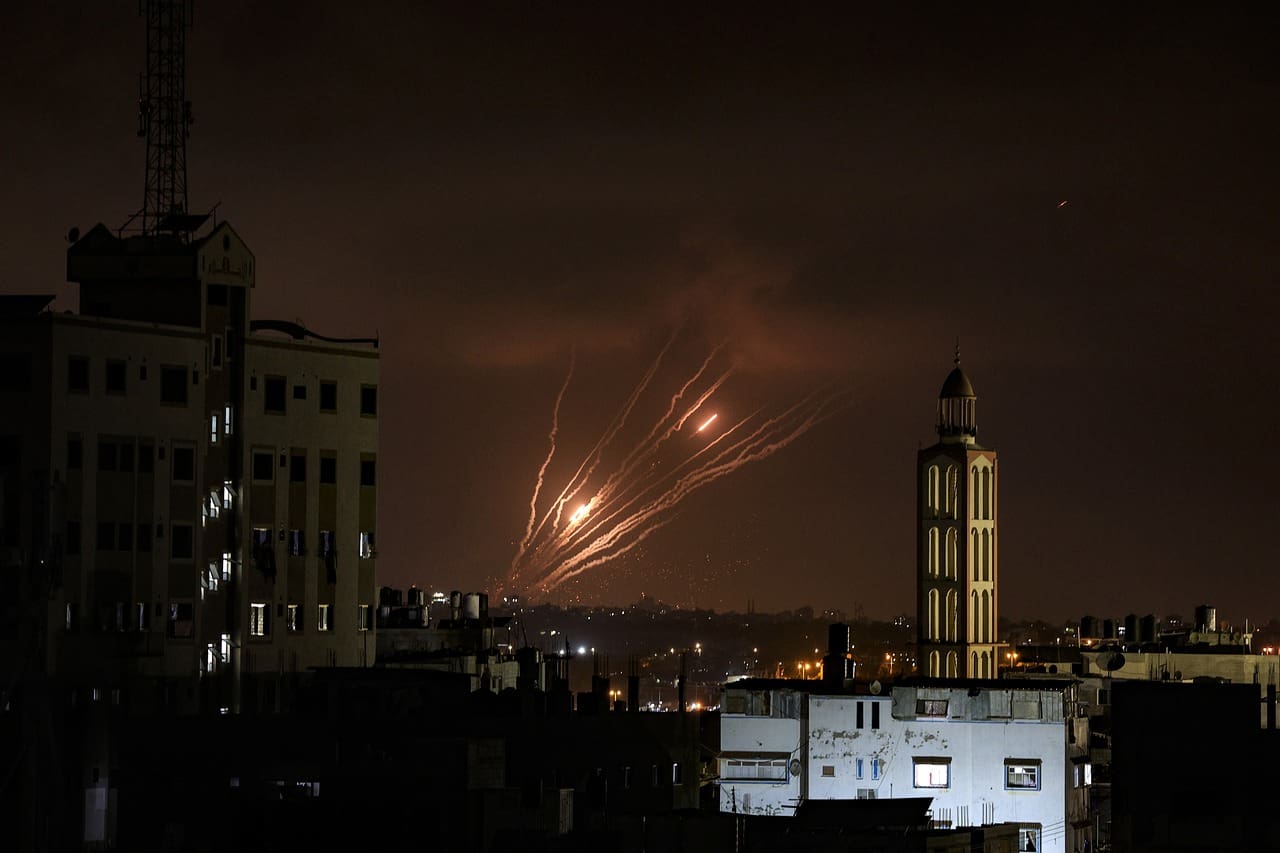
By pursuing military victory at any cost in the short term, Israel sets itself up for political failure in the longer-term, argues Al-Shabaka Director Nadia Hijab. In this compelling analysis, she discusses how Israel’s operation in Gaza has further eroded the political gains it secured from the Camp David and Oslo accords and has boxed in the Fatah-led Palestine Liberation Organization, among other repercussions for Israel’s ability to impose its will on the region.
Palestinians Imposing Agenda on Abbas
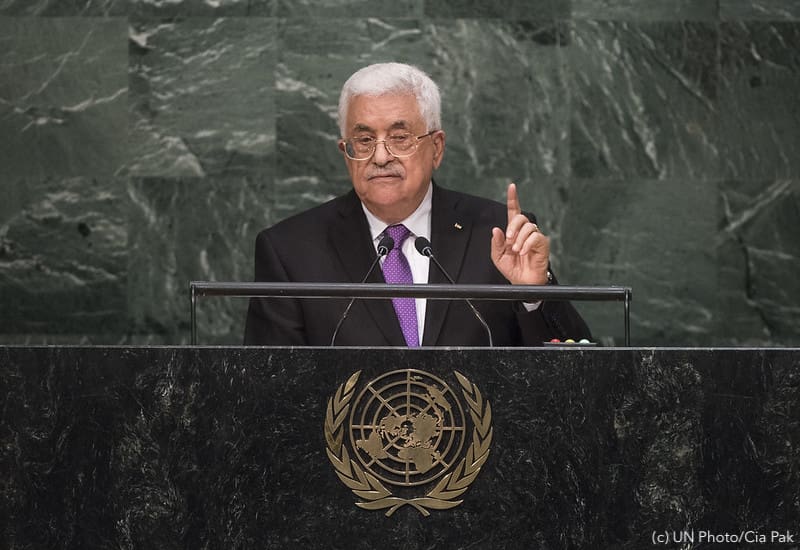
As Mahmoud Abbas heads to the United Nations to secure non-member state status for Palestine, he faces a strong and growing movement among Palestinian civil society activists within and outside the occupied Palestinian territory to reframe the Palestinian struggle as fighting against an apartheid Israeli regime and for inalienable Palestinian rights – and not for a state per se. Al-Shabaka Policy Advisor Leila Farsakh discusses Abbas’ attempts to placate this movement while retaining control of his political program.
What’s Really Going On at Rafah?
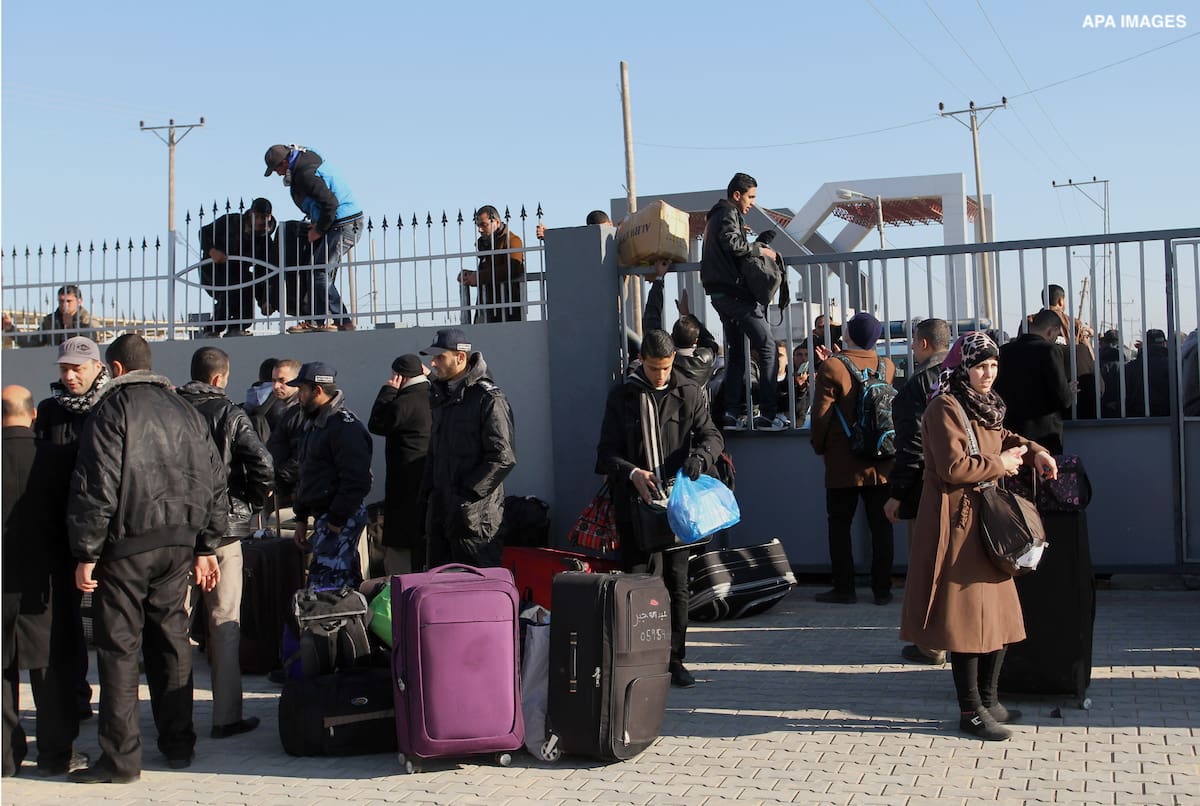
Egypt now has a government more sympathetic to Hamas, the de facto government in the Gaza Strip. But Egyptian policy towards the Rafah Crossing still largely follows the parameters established by Israel for Palestinian passage — and even when the Crossing is “open” thousands of Palestinians are not allowed through. Al-Shabaka Policy Advisor Laila El-Haddad provides a concise overview of how the Crossing has been managed and its impact on the Palestinian residents of Gaza.






